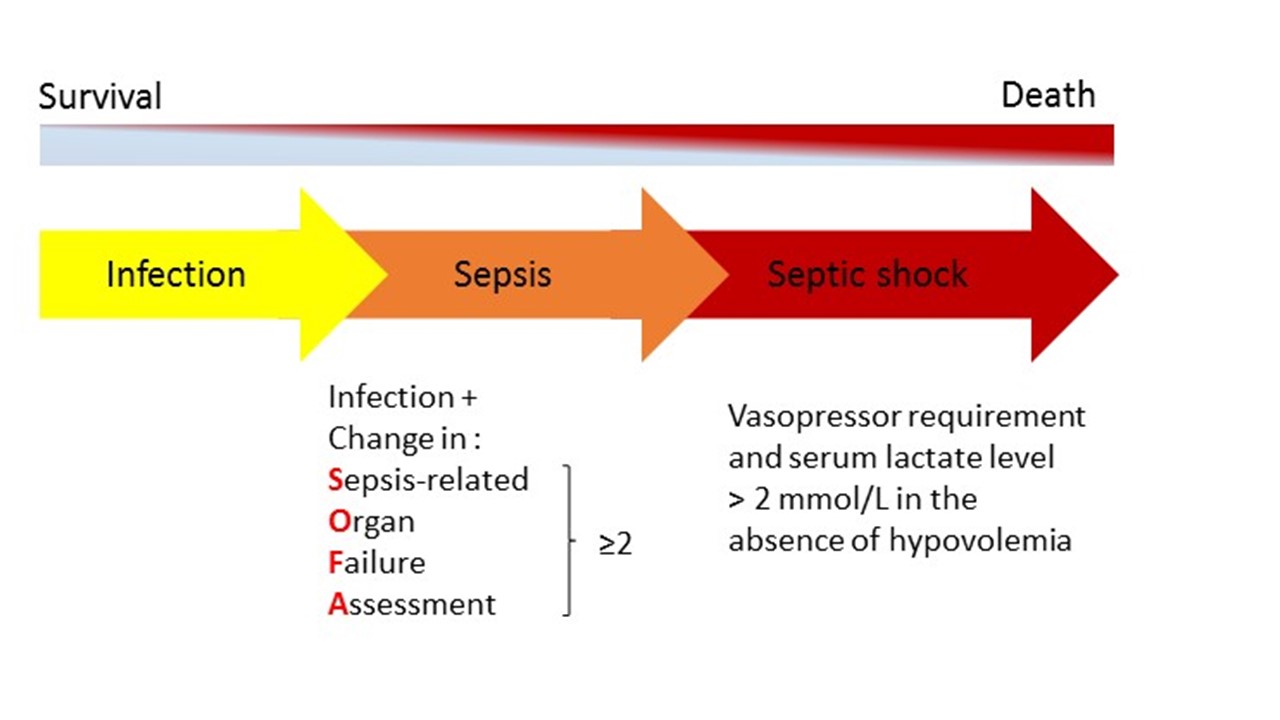You are here : Infection et inflammation Chronique (2IC)ENUnit 1173Team 1 - SEPSIS
- Updated on September 16, 2017
- PDF version
Team 1 - Neuroendocrine response to sepsis laboratory
Stemming from a team of clinicians working on the response to sepsis, we reasoned that the results generated from our clinical trials or observational studies required to be explained in pathophysiological terms with the help of experimental models. Therefore, the laboratory was developed for conducting translational research in order to support mechanistic hypotheses and evaluate therapeutic approaches.

Defined by the existence of an exaggerated inflammatory response to localized or systemic infection, sepsis is the leading cause of death in intensive care in most countries. Its annual incidence is continuously increasing (about 10% of ICU admissions annually) and mortality remains high.
Our main hypothesis is that the exaggerated inflammatory response to infections is due to, at least in part, an inappropriate neuroendocrine response. Our research objectives are to determine which are the main abnormal neuroendocrine responses, their mechanisms as well as their clinical implications and therapeutic solutions. Currently, our work focuses on two major actors in the acute stress response, i.e. the hypothalamic-pituitary-adrenal axis and the noradrenergic system.
Beside the neuroendocrine response, brain dysfunction is a major complication as it is associated with increased mortality and long-term cognitive dysfunction. Its mechanisms are not elucidated but would involve an ischemic and a neuroinflammatory processes. Our new project is to, on one hand, describe the clinical, neurophysiological and neuroradiological features of sepsis associated encephalopathy but also the neuroinflammatory process.

